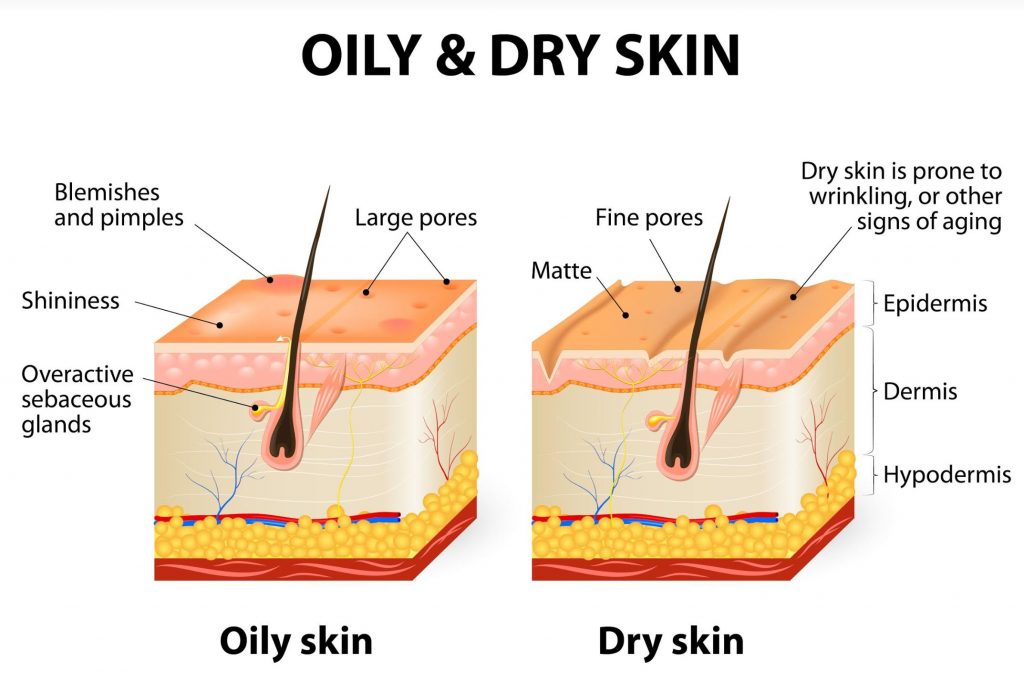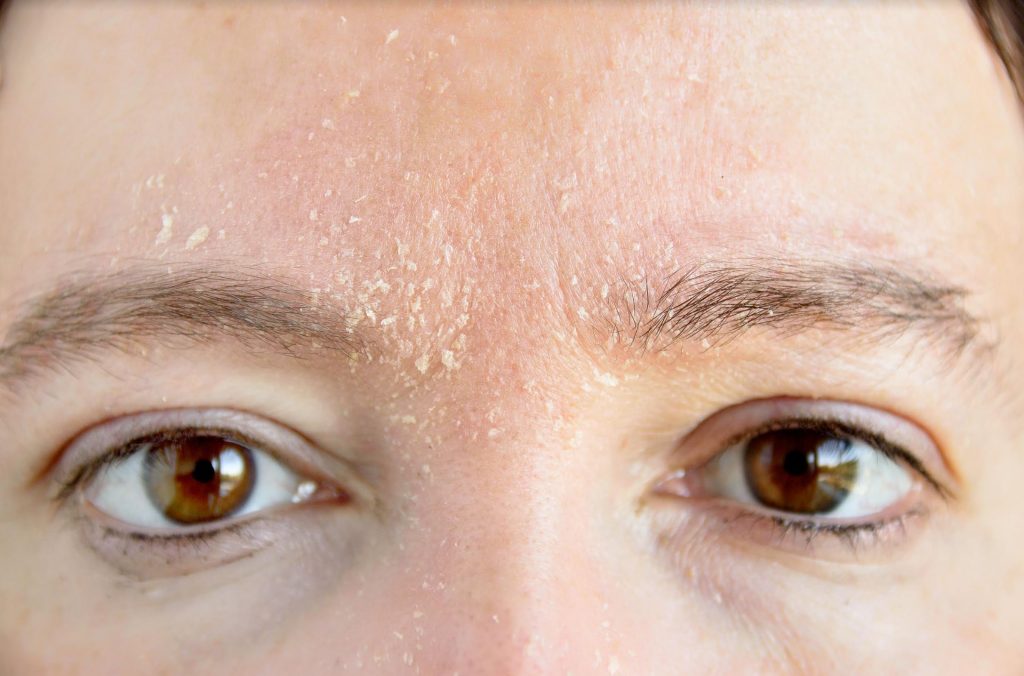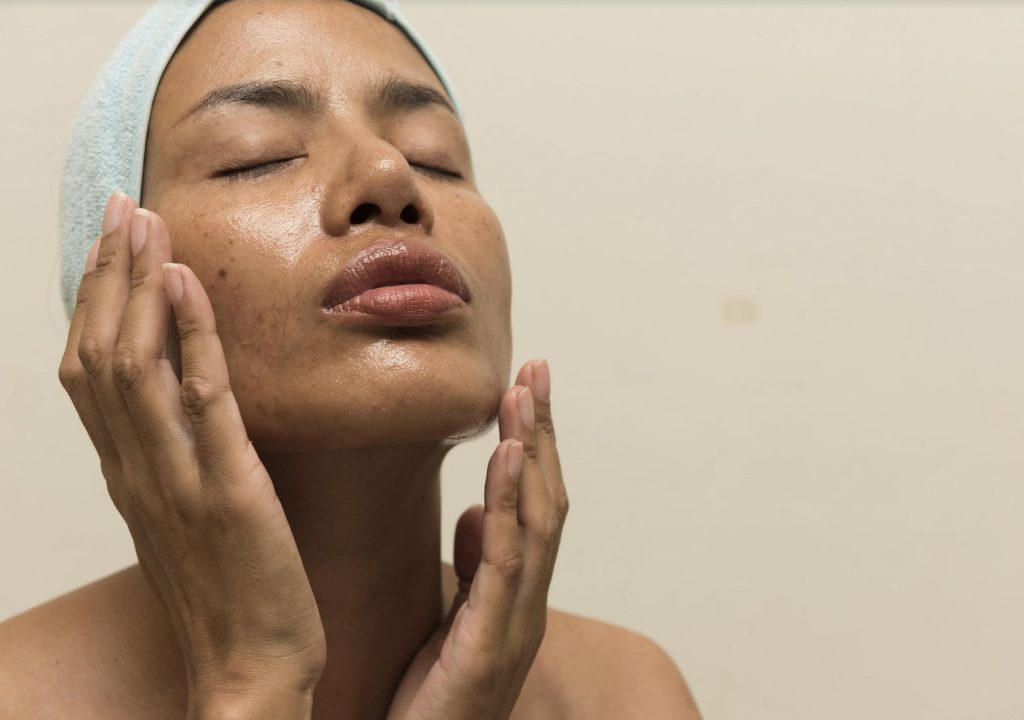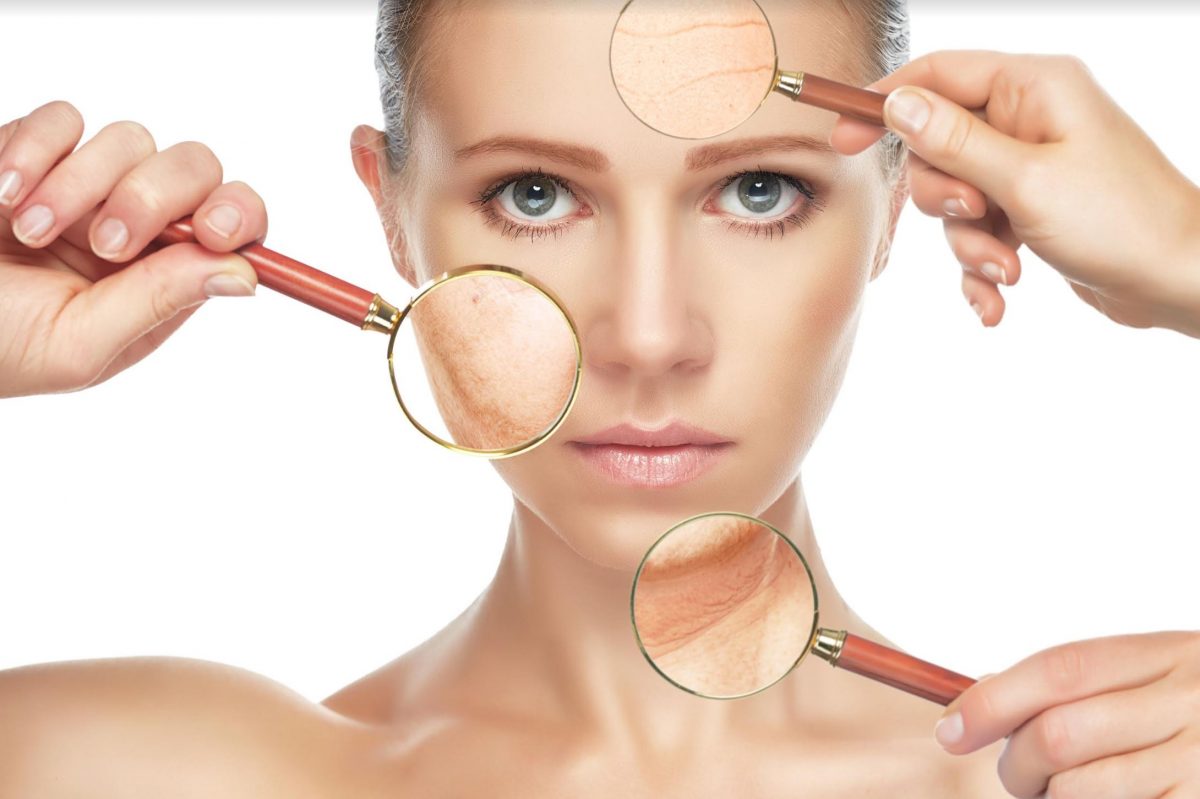Working with a range of people every day, I often find that my clients are using the wrong skincare without realising it because they are not completely sure of their own skin type. Today, we’ll take a look at the central different skin types and look a little deeper into each one so that you can get to know your skin better and give it the treatments and products that will work best.
Why Do We Need to Know Our Skin Type?
There are so many products and treatments on the market and available to us all these days that it makes it even more important to know your skin type. Because all these products have a different range of active ingredients, you can easily choose a product that aggravates or worsens your skin’s condition without knowing. By finding out your skin type and knowing a little more about it, you can choose specialist skincare that will leave you seeing stunning results fairly quickly.
What Are the Different Skin Types?
The main skin types that we tend to see and that we’ll look at in today’s blog are dry, oily and combination skin. Most people’s skin fits at least mostly into one of these categories. It’s also worth remembering that your skin type can change over time. There are many things that can cause your skin to be the way it is, such as how much water is in your skin, affecting its elasticity, your age and genes, your outdoor day to day environment and even your diet.

Dry Skin
Dry skin can be anything from slightly stiff and dehydrated skin to flaky and chalky skin that really struggles to accept makeup smoothly. Skin is dry because it lacks the all-important moisture it needs and can become much more sensitive to outdoor elements and sunlight.

The Pros of Having Dry Skin
- Dry skin is usually very tight pored so the appearance can be very smooth and less chances of congestion
- Dry skin tends to avoid generating the shine that many people work to avoid, particularly later in the day.
- Dry skin can be less prone to blemishes and acne developing.
The Cons of Having Dry Skin
- It can be very sensitive to environmental factors (such as heat, cold) or the wrong beauty products.
- Skin can become flaky and rough and even sore and sensitive if not treated well.
- Dry skin can be more sensitive and react badly to sunlight, meaning it needs additional protection.
Oily Skin
Certain people have more oily skin than others when they produce more sebum, which creates an oily layer on the surface of the skin. Oily skin can also often be determined when a person struggles with acne, blemishes and blackheads. Oily skin can often be put down to hormones and genes but that doesn’t mean it cannot be helped with just the right treatments and products.

The Pros of Having Oily Skin
- Oily skin might seem like a problem now but it actually keeps you looking younger for longer as it keeps wrinkles at bay much better than dry skin.
- Without the difficulties of dry skin, oily skin needs less moisturising and hydrating treatments than other skin types.
The Cons of Having Oily Skin
- It can have large pores and more prone to blackheads. It can have an uneven appearance overall.
- You need to be on top of your cleansing skincare game if you have oily skin, which means you will feel and see the repercussions should you skip washing your face.
- It can be hard to find the right mattifying makeup for very oily skin and choosing one that doesn’t work well with your skin can often lead to blemishes and breakouts.
Combination Skin
Combination skin can be complicated. It basically involves all of the skin types together, in different areas of the face. Often, people with combination skin will experience an oily and blemished T-zone and dry patches around the cheeks and chin, which can make choosing the right products difficult.
The Pros of Having Combination Skin
- If you have combination skin, it usually means that your visible symptoms aren’t as drastic as either dry or oily skin and often more manageable.
The Cons of Having Combination Skin
- Choosing the right skin care routine can be tricky and it would be very beneficial to undertake a skin analysis for expert help. Especially in the T-Zone
- Combination skin often suffers from larger pores which increases the chances of blemishes developing.
